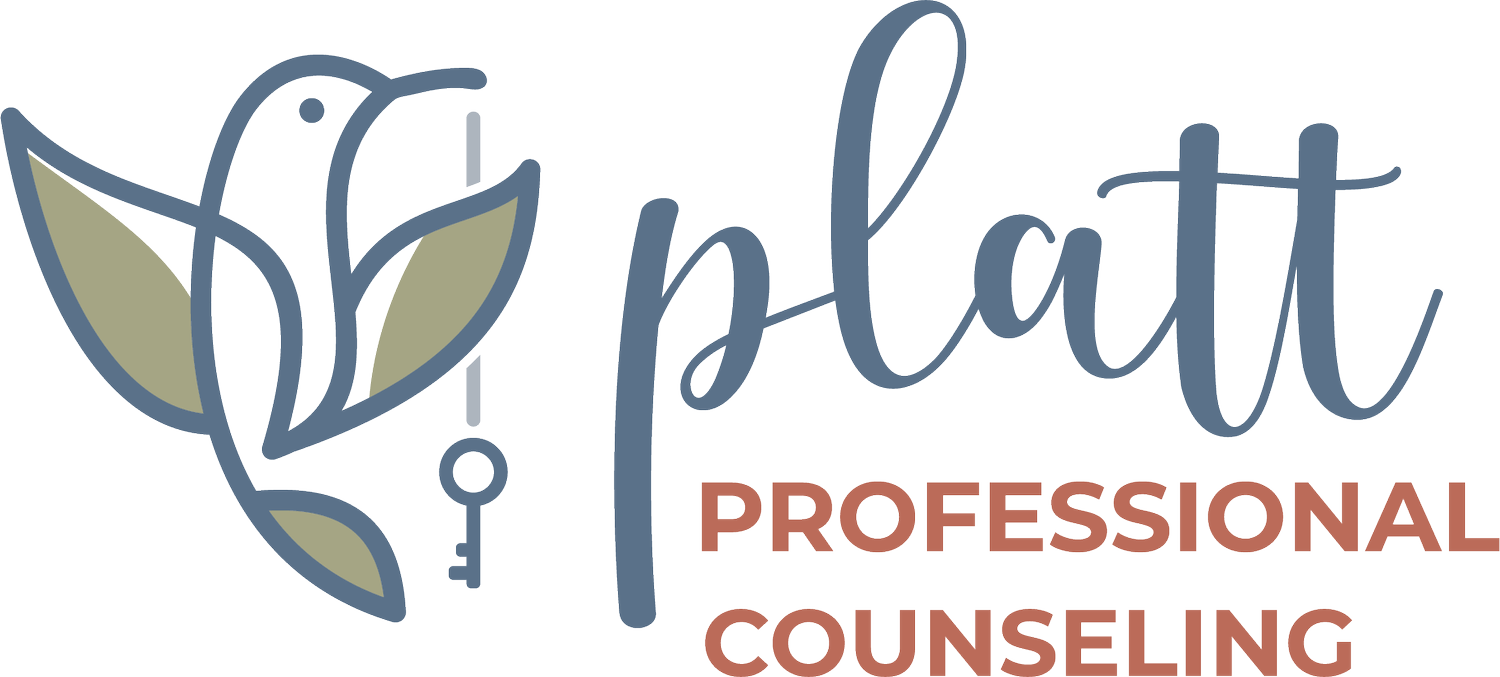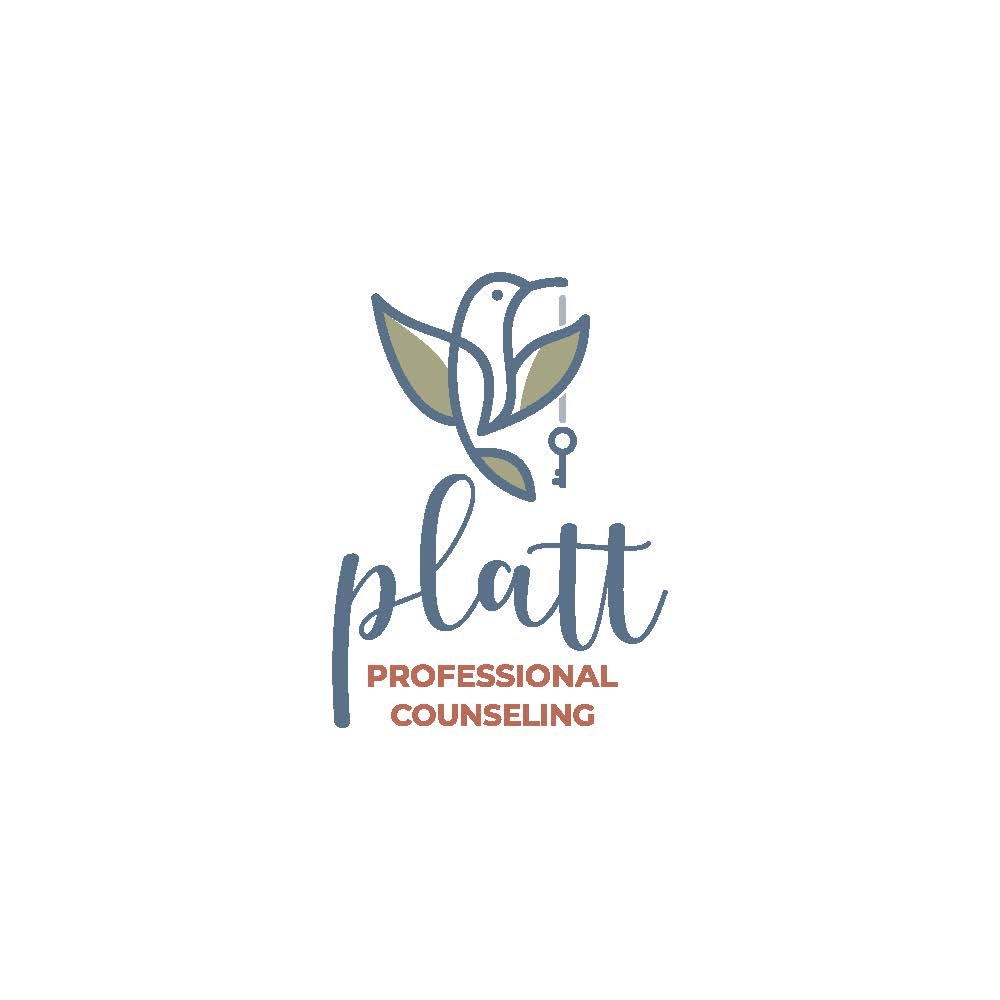What’s the difference between coaching & therapy?
Embracing the landscape:
On the journey of discovering the best possible life, many resources are needed.
At Platt Professional Counseling we want to make the journey of self-discovery and personal development as simple as possible. That means making sure the different resources available are as clear as possible.
As interest in coaching rises, so does the need for clarity. We normally talk a lot about therapy, but we haven’t talked as much about coaching. The good news is at Platt Professional Counseling, you can receive either coaching or therapy depending on your personal needs.
This blog aims to untangle the threads of confusion surrounding coaching and therapy, providing you with a clear path forward on what is the best resource for your current season.
We will explore the multifaceted realm of coaching, shedding light on what it entails, what it doesn't, and how it complements various aspects of personal growth. Join us on this expedition through the landscapes of self-discovery and transformative change.
What is coaching? Coaching is a collaborative journey into your present self and a visionary exploration of your future.
At its core, coaching is a dynamic and forward-focused process that transcends traditional problem-solving. It is not about dwelling on the past or dissecting the roots of issues; instead, coaching is a collaborative journey into your present self and a visionary exploration of your future. Imagine a partnership where you are the compass, and the coach is the guide, steering you toward the fulfillment of your aspirations.
In the realm of coaching, the emphasis is not on providing solutions but on unveiling the innate potential within you to discern and achieve your goals. This distinct partnership is founded on a goal-oriented structure, aiming to propel you toward the life you envision. A coach acts as a strategic ally, asking empowering questions to unveil your aspirations, challenges, and beliefs that might be propelling or hindering you. Together, you and your coach sculpt a personalized roadmap that aligns with your values, fostering a dynamic and purposeful journey toward self-discovery and success. This empowering collaboration stands as a testament to the transformative power of coaching in unlocking your latent potential.
The coaching journey …
Embarking on a coaching journey involves a deliberate and strategic process that unfolds in stages, each contributing to your growth and transformation. The initial phase revolves around goal setting—a pivotal step that clarifies your aspirations and frames the trajectory of your coaching experience. This isn't just about outlining objectives; it compels you to articulate your deepest desires and envision the life you truly want.
Simultaneously, coaching delves into the realm of values, probing into the guiding principles that shape your decisions and actions. This exploration not only illuminates your core beliefs but also acts as a compass for aligning your goals with your authentic self. As you traverse this path, coaching introduces the art of challenging beliefs—an incisive process that compels you to scrutinize assumptions, fostering breakthroughs that propel you beyond self-imposed limitations.
Integral to coaching is the creation of actionable plans—a roadmap designed to guide you toward your objectives. This isn't merely theoretical; it's a pragmatic blueprint that transforms your goals into small tangible steps that propel you forward. Coaching, at its essence, encourages you to shift focus from what you don't want to what you truly desire, empowering you to overcome obstacles and forge a path toward your envisioned future.
The focus of coaching vs. therapy
To demystify the world of coaching, it's crucial to address common misconceptions, particularly the perceived overlap with therapy. A fundamental distinction lies in the primary focus of these two practices. While therapy often starts by delving into past experiences to understand and heal, coaching is forward-focused. The exploration in therapy of how your past might be impacting your current perceptions and relationship dynamics is important in how you move forward through life.
Coaching is not about unraveling the intricacies of your history but, rather, about accepting them, finding a path through and around them, and creating a trajectory for your future.
Therapy is important because not dealing with the past can so easily prevent us from moving forward into the future. In coaching, the emphasis is on the present and future, steering clear of the detailed exploration of past traumas that is characteristic of therapy. Coaching operates on the premise that individuals are inherently creative, resourceful, and capable of finding solutions. It doesn't seek to diagnose or treat mental health conditions but instead serves as a dynamic partnership to help you identify and achieve your goals.
Find the right coaching framework for you
Different life situations are best served by different frameworks. Here are some of the most common frameworks in the coaching world:
Life Transition Coaching - For those who feel stressed with the thought of or in the midst of change. Life coaching is a creative process that clarifies their path and defines a plan for coping with the transition.
Career Transition Coaching - Perfect for those who want to change jobs or career, don’t know what they want to do or how to start. Career coaching helps them uncover their passion and find their direction.
Life Coaching - Helps clients transition from negative energy to positive energy, unlocking their potential, improving their relationships, and increasing contentment with their life. Life coaching can help them uncover what they want to achieve, set goals, and work toward achieving them.
Career Counseling - For those trying to change careers or jobs and nothing is working, career coaching can help them uncover what is getting in the way of their success.
Retirement Transition Coaching - If retirement on the horizon, but there are concerns about how it is going to work or what you will do and how to stay engaged, coaching guides them to a successful transition including creating a vision/plan, managing emotional concerns, and ensuring they stay on track.
Finding the right approach to coaching is determined by your current condition and where you want to move into the future!
When coaching might not be enough
While coaching is a powerful tool for personal development, it's crucial to recognize its limitations. There are instances where coaching might not be sufficient, and understanding when to seek therapy is essential. Coaching primarily focuses on the present and future, emphasizing goal-setting and action plans. However, if there are unresolved issues from the past, deep-rooted traumas, or mental health concerns, therapy becomes a more appropriate avenue.
Coaches are not therapists, and it's vital to differentiate between personal development goals and mental health issues. If an individual finds themselves struggling with emotional wounds, past traumas, or ongoing mental health challenges, therapy offers the specialized support and expertise needed to navigate these complexities. Recognizing the scope of coaching and being open to the possibility of therapy when deeper psychological exploration is required ensures a comprehensive approach to well-being.
Your next step on the coaching journey.
At Platt Professional Counseling, we offer coaching services because we realize that it’s an important resource in the toolbox of self-discovery and development. If this feels like an appropriate step on your mental health journey, CLICK HERE to schedule a free consultation.
Embark on this journey with clarity—whether guided by coaching's aspirations or therapy's deeper healing. Understanding the nuances of each thread empowers you to traverse the landscapes of growth and transformation. May this exploration guide you to the self-discovery and healing you seek, creating a life rich in purpose and fulfillment.

